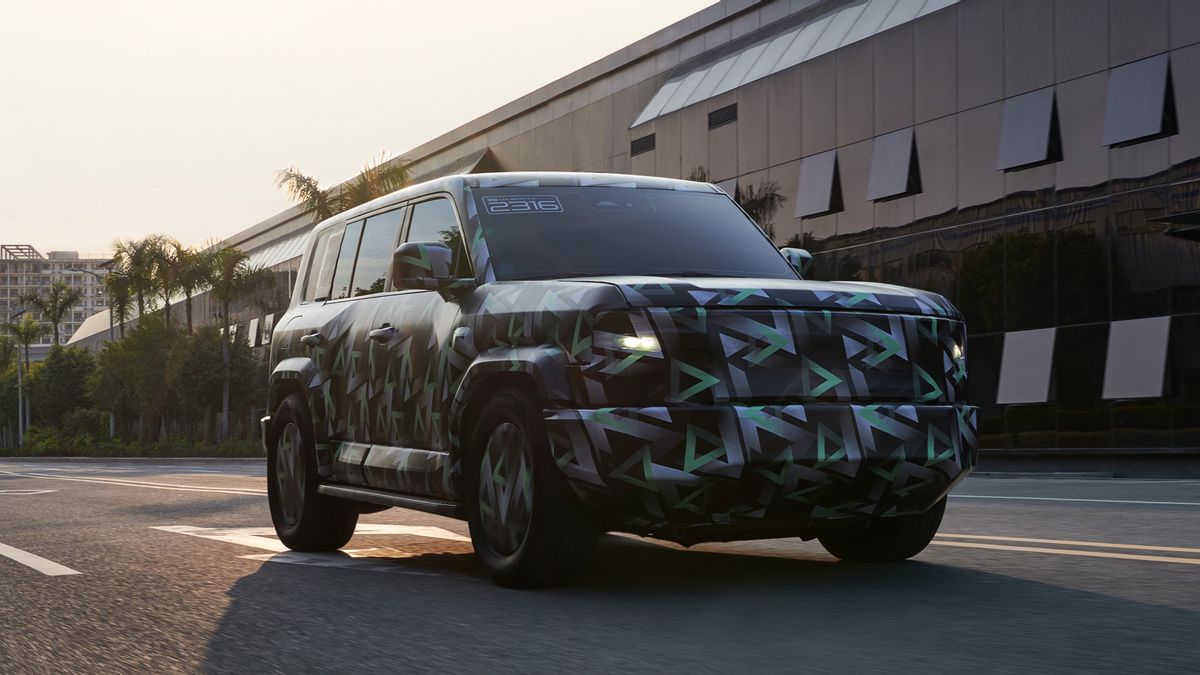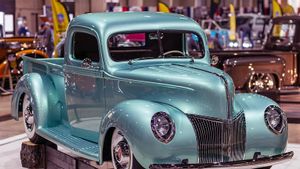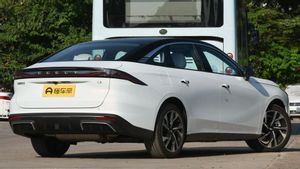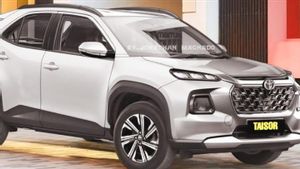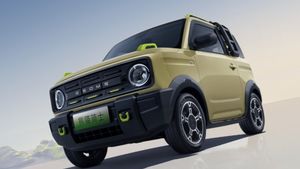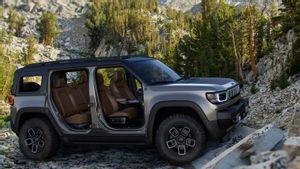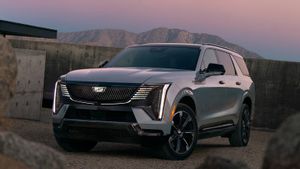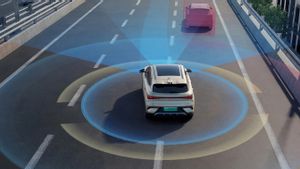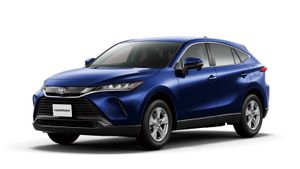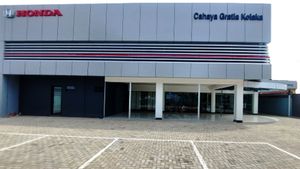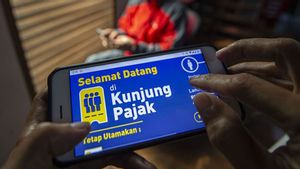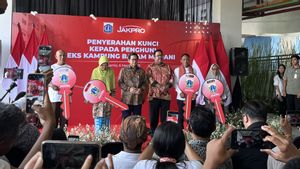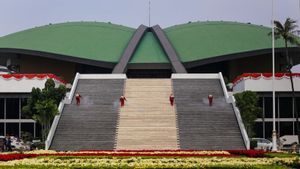JAKARTA - BYD, the electric vehicle giant (EV) from China, has outperformed its competitors, including Tesla. Now they control more than a quarter of the share of electric vehicles sold in Southeast Asia.
BYD's early success, apart from attractive prices, is based on a pattern of distribution partnerships with local conglomerates that have allowed these automakers to expand their reach. They are also capable of, testing consumer preferences, and overcoming complex government regulations in the region, officials from three partners and analysts said.
This partnership model, similar to that taken by Japanese automotive manufacturers in several Southeast Asian countries decades ago. This, helping BYD to build market share quickly and in contrast to Tesla's more independent approach.
"Currently, BYD's main focus is on brand deployment rather than optimizing profit margins," said Soumen Mandal, a senior analyst at Counterpoint Research.
"By providing a more profitable profit margin to local dealers, BYD can build trust and loyalty, pave the way for wider expansion," he explained.
BYD itself did not provide a response to a question from Reuters.
The Chinese automotive manufacturer sold more than 26% of all vehicles in the small but rapidly growing electric vehicle market in Southeast Asia in the second quarter of 2023. Through its Atto 3 model, at prices ranging from US$30,000 (Rp461 million) in Thailand, which is the best-selling vehicle in the region, according to Counterpoint. Tesla itself sells its most basic Model 3 with a price of around US$57,500 (Rp 884 million) in Thailand.
Electric vehicles currently account for 6.4% of all passenger vehicle sales in Southeast Asia in the second quarter. That number, up from 3.8% in the previous quarter, and the region could become more important to China's automotive manufacturers after the European Commission last week announced an investigation into electric vehicle subsidies from Beijing.
BYD regional distributors include Sime Darby divisions in Malaysia and Singapore, Bakrie & Brothers in Indonesia, Ayala Corp in the Philippines, and Save Automotive in Thailand.
BYD's partnership helps the company in areas where Chinese car brands do not have an established track record, said Chee-Kiang Lim, director of managers for China at automotive sales consultant Urban Science.
"If buyers are unsure or have concerns, partnering with established players such as Sime Darby, Bakrie & Brothers, or Ayala Corp will give them peace of mind, especially for full-sale support," Lim said.
The Shenzhen-based automotive manufacturer invested nearly $500 million in Thailand to build a new plant that will produce 150,000 electric vehicles per year. Production will begin in 2024 to be exported to Southeast Asia and the European market.
For Ayala Corp's AC Motors, which plans to open twelve BYD dealers in the next 12 months in the Philippines. The initial focus of spending is building brands and making more consumers consider electric vehicles," said his automotive head Antonio Zara.
"It's about eliminating myths about reach," he said. "It's about eliminating myths about prices and conveying total ownership costs."
Not An Easy Market
In Thailand, there is a surge in ads seen from small screens on trains running on rails in the capital Bangkok to giant billboards in provincial cities.
BYD's partner in Thailand, Rev, did not provide a response to questions about its distribution and marketing strategy.
"In Indonesia, BYD can rely on Bakrie & Brothers' VKTR units to secure government contracts of 52 electric buses for Jakarta," said company chief strategy Alex Kim.
"Indonesia is not an easy market to do its own business," said Kim. He added that apart from the government's sales, VKTR is in talks with big domestic companies to sell BYD electric buses.
Challenge Tesla
Thai electric vehicle buyers accounted for 24% of BYD's foreign sales in the second quarter, making it China's largest foreign market automaker, according to Counterpoint, while less than 1% of Tesla's sales were in Southeast Asia.
Currently, Tesla's website lists only two stores in the region, both in Singapore's rich cities, although the company is recruiting workers for Thailand and Malaysia.
VOIR éGALEMENT:
BYD's strategy in Southeast Asia and acceptance of dealers contrasts with Tesla, whose approach is directly to consumers is difficult to follow. This is because there are no other new electric vehicle brands that have the attractiveness or presence of Elon Musk's media CEO which is as big as Tesla.
BYD and its partner, Sime Darby Motors, are trying a new approach to attracting advanced young technology consumers to the Chinese brand in Singapore.
The partnership has launched five "BYD by 1826" showrooms which also serve as white-shirt restaurants where dishes are named according to the BYD electric vehicle model.
"With BYD by 1826, we can reach more customers who want to know more about BYD or (fortunately) who are new to the BYD brand," said Jeffrey Gan, director of retail and distribution managers for Sime Darby Motors in Southeast Asia, Hong Kong, and Macau.
Thus, BYD has succeeded in securing a significant market share in the fast-growing electric vehicle market in Southeast Asia by utilizing distribution partnerships with large local conglomerates and strong branding strategies.
Currently, they have outperformed Tesla within the region, focusing on more affordable prices and strong after-sales support. Although Tesla remains a strong competitor, BYD has found its successful formula in the growing electric vehicle market in Southeast Asia.
The English, Chinese, Japanese, Arabic, and French versions are automatically generated by the AI. So there may still be inaccuracies in translating, please always see Indonesian as our main language. (system supported by DigitalSiber.id)
